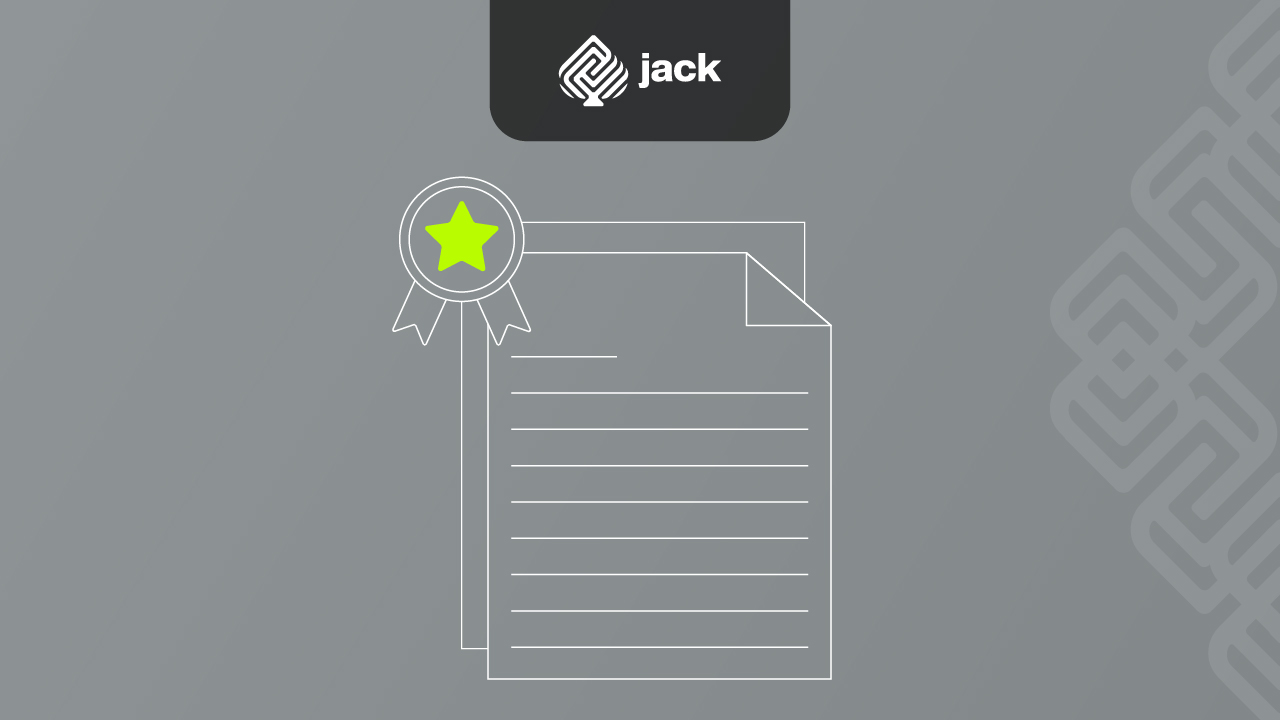For entrepreneurs, it is important to prepare various things, one of which is a business bank account, also known as a corporate account. It may seem insignificant, but in reality, not many startups open a business bank account.
Most startup founders and small business owners still rely on personal accounts for all their business transactions. The most common reason given is to avoid the hassle or laziness of opening a separate account.
However, mixing personal and business finances can actually be more troublesome in the long run, especially as the business grows.
Benefits of Having a Business Bank Account

Here are several advantages of having a business bank account:
1. Enhanced Financial Protection
By separating personal and business finances through a business bank account, your personal funds and business assets will be protected. For example, if your business is unable to repay debts or bank loans, your personal assets will not be affected.
Moreover, if you encounter personal financial issues regarding credit payments, your business credit score will remain unaffected. This allows you more flexibility in seeking the business loans necessary for growth.
2. Easier Expense Management
When you have a business account, it becomes easier to track, monitor, and prevent unintended excessive expenditures. Transaction records from the business account make financial reporting and statement preparation much simpler.
3. Avoiding Tax Complications
Separating personal and business accounts can simplify tax calculations and reporting. As an individual who is also an entrepreneur, you have different tax obligations compared to non-business individuals.
Failure to comply with business tax regulations can have significant consequences in the future. In addition to facing fines, you may also be subject to criminal charges for tax evasion.
4. Demonstrating Professionalism and Credibility
Having a business bank account shows that you can separate personal matters from business affairs. In the eyes of customers and clients, this enhances the professionalism and credibility of your business.
They will feel more secure when transferring funds to an account under the company’s name rather than a personal name. In fact, this aspect is also considered part of the branding of your business.
Spend with Flexibility, Anywhere with Jack
Tips for Choosing the Best Business Bank Account

Once you have decided to open a bank account, there are several other factors to consider. Here are some tips for choosing the best business bank account:
1. Identify Your Needs
Before researching different banks, carefully consider why you are opening an account. Take into account the expected number of monthly transactions, the minimum balance requirement, the budget for administrative fees, and more.
While many banks offer low fees, the penalties can be high if you exceed transaction limits or fall below the minimum balance. If you are seeking a business loan, limit your options to banks that have a history of lending to small businesses, as they are more likely to approve your loan.
2. Compare Different Banks
Once you have identified what you need from a bank, compare several banks. Look for banks that specifically cater to your needs. Contact them to gather as much information as possible, including additional services, administrative fees, interest rates, and more.
Before meeting with bank representatives, review the information you have gathered and prepare any necessary questions. As you narrow down your bank options, carefully consider the various fees they impose, as some banks charge small businesses for specific services.
3. Technology Used by the Bank
A technologically advanced bank can greatly benefit small businesses by streamlining core operational functions. When evaluating this factor, it’s important to understand the basic capabilities of a bank, such as having a user-friendly mobile application.
Conducting a thorough evaluation before choosing a bank can help prevent future problems. Additionally, the bank you choose for your business should be able to integrate with third-party applications like accounting software, saving you time and energy in the long run.
4. Customer Service
During interviews or meetings with different banks, inquire about the services they offer and understand their capabilities. While larger banks may offer 24/7 online or telephone services, they may not have dedicated relationship managers available to handle customer-related issues. As a result, they may not fully understand the bigger picture of your business.
Look for a bank that makes you feel like their sole customer, providing more focused service and a deeper understanding of your business.
5. Regular Reevaluation
Don’t assume everything is set once you find a bank for your business. Regularly reevaluate your business’s financial needs, particularly whenever your chosen bank makes changes to its services, such as increasing interest rates or adding administrative fees.
It is recommended to conduct this evaluation every few years, as your business needs will evolve over time. As a business owner, it’s important to ensure that your bank remains responsive to changing needs and can continue to support you in every phase of your business.
Use Jack for your business needs
Those are the various benefits of having a bank account for startups and tips for choosing one. Hopefully, this information will be beneficial to all readers.






